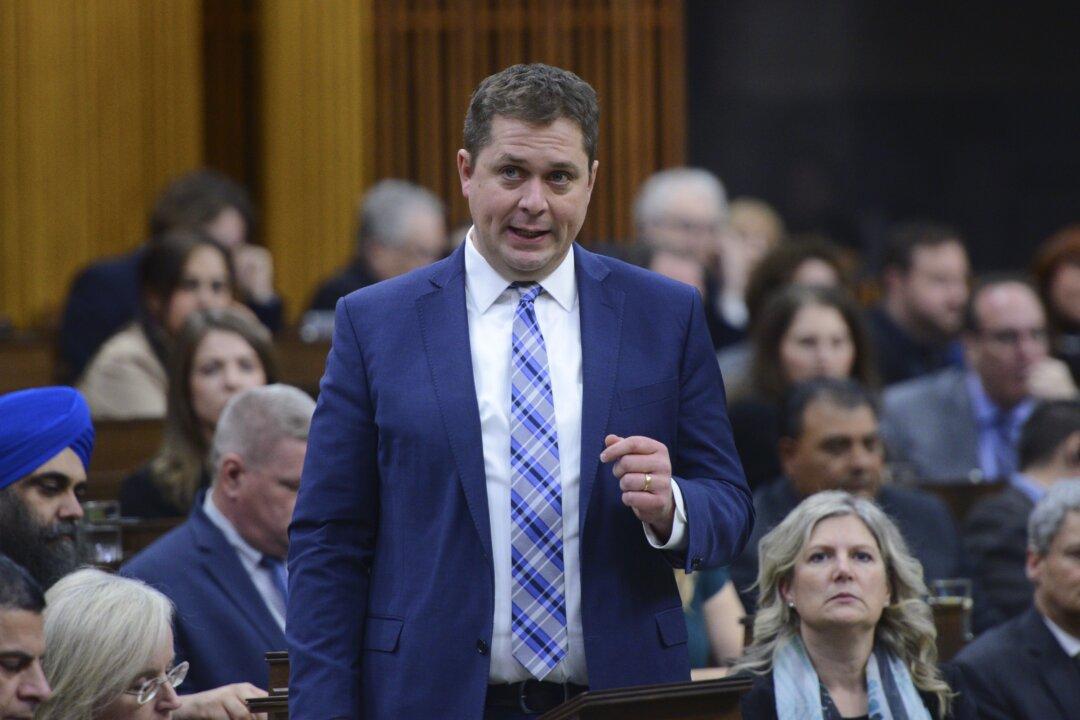OTTAWA—The unprecedented nature of the economic and health crisis created by COVID-19 means the Conservatives are finessing their approach to their role as the Official Opposition, says leader Andrew Scheer.
Shelved for now is reflexive opposition to the Liberals because of the parties’ differing philosophies on the role of government, Scheer said in an interview with The Canadian Press.





